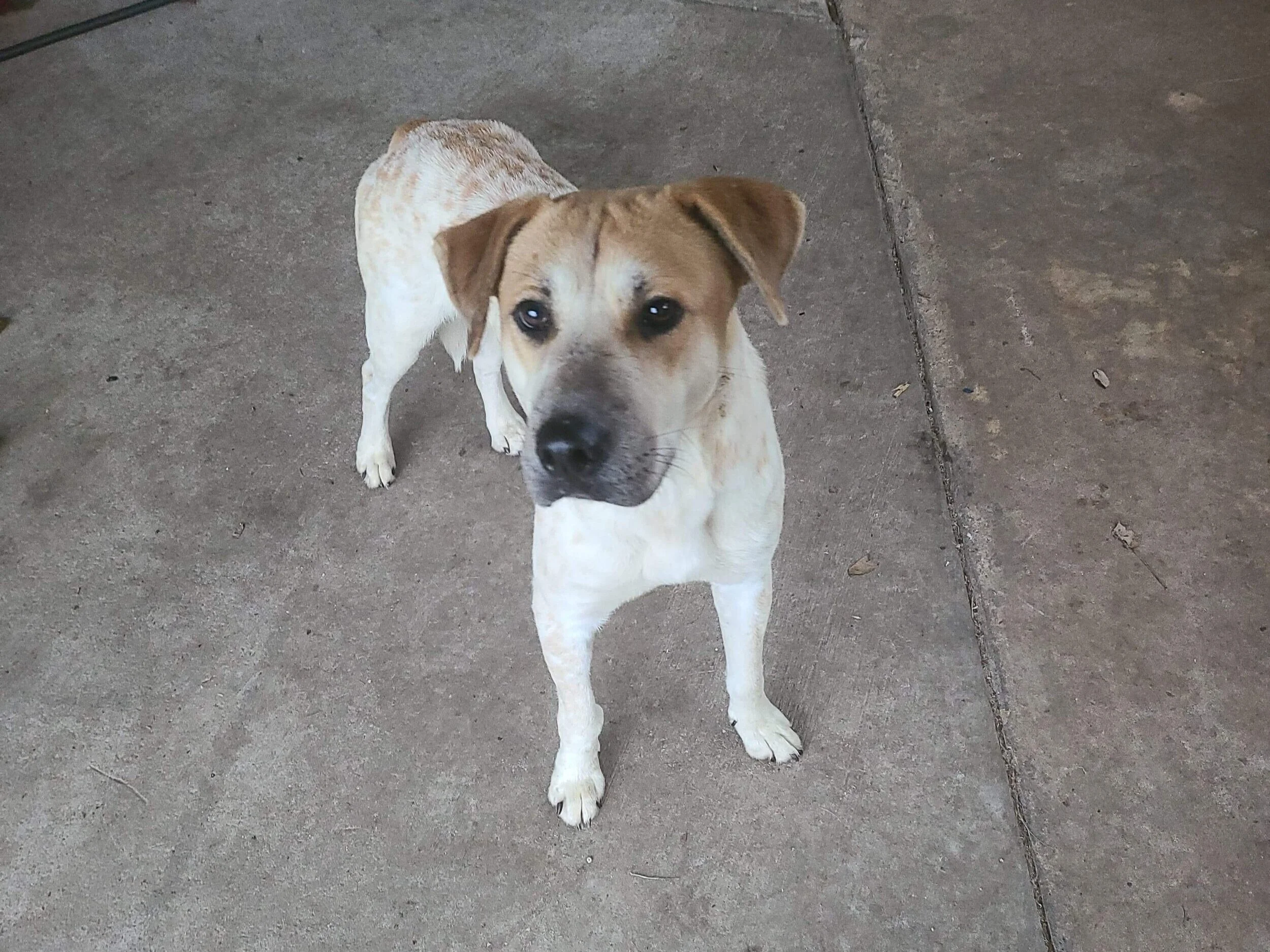Let’s talk about heartworms.
This is a major issue in Texas and one of the largest financial barriers we have with saving/helping dogs.
The mosquito plays an essential role in the heartworm life cycle. Adult female heartworms living in an infected dog produce microscopic baby worms called microfilaria that circulate in the bloodstream. When a mosquito bites and takes a blood meal from an infected animal, it picks up these baby worms, which develop and mature into “infective stage” larvae over a period of 10 to 14 days. Then, when the infected mosquito bites another dog the infective larvae are deposited onto the surface of the animal's skin and enter the new host through the mosquito’s bite wound. Once inside a new host, it takes approximately 6 months for the larvae to mature into adult heartworms. Once mature, heartworms can live for 5 to 7 years in dogs
Heartworms are not contagious between dogs or other animals.
If untreated, heartworms can lead to serious medical issues and in some cases, death.
We test every dog 6 months and older in our rescue for heartworms. If a dog tests positive there are two courses of treatment.
Slow kill- monthly heartworm prevention pill and an antibiotic called Doxycycline used only in the first month of treatment. As the name suggests this treatment option can take a very long time (sometimes years) to kill all the heartworms.
Fast kill- Daily antibiotic of Doxycycline for 30 days, followed by 30 days without. First injection given at a vet hospital where the dog spends the night and receives a second injection the next day. In some cases vet’s recommend a third injection and in that scenario a dog has the first injection and then goes back 30 days later for the 2nd/3rd injections.
Following the injections dogs must remain on kennel rest or VERY limited activity. During the 30 days following the last injection the hope is the heartworms are being killed off by the medicine. If a dog’s blood pressure is elevated during that timeframe it could cause the heartworms to circulate in the blood stream and re generate, therefore, not killing them off.
Dogs then begin 6 months of heartworm prevention. 6 months following the injections they can get re tested for heartworms. If they are still testing positive, we would work with our vet for the next recommended course of treatment.
As you can see heartworms require a lot of time, energy and finances to get rid of. States have varying laws regarding heartworms. In order to follow State laws and to ensure these dogs receive the proper care, we have chosen to complete the entire fast kill treatment in Texas.
We are extremely grateful to our Texas fosters who care for these dogs for many months until treatment is completed. In most cases we choose the fast kill method as we believe this gives our dogs the best opportunity to be heartworm free.
We recommend all dogs are on a monthly heartworm prevention which requires a prescription through your vet.
Click the picture below to help our heartworm pup of the month!

